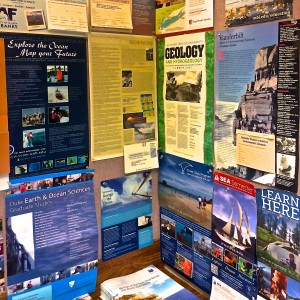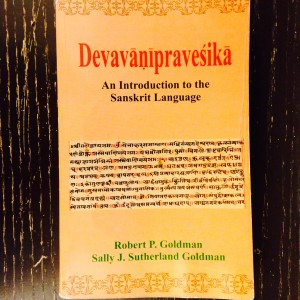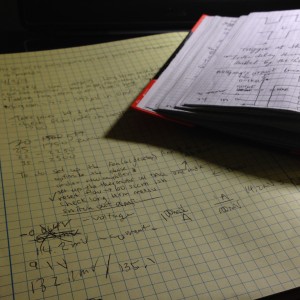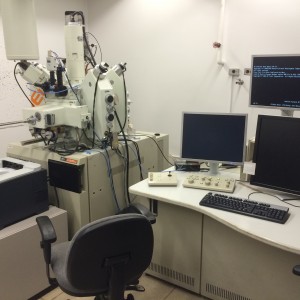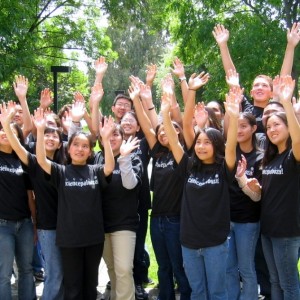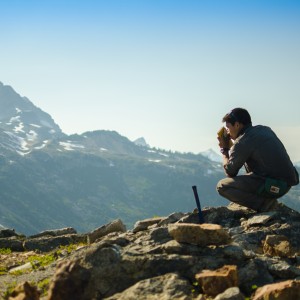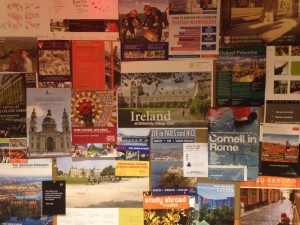
Many people think about studying abroad while at Princeton, but only a select few actually apply. I seldom hear of research-oriented students studying abroad. Many of us fear leaving behind the Princeton-centered academic research we’ve grown attached to. However, study abroad can be an amazing opportunity for student researchers to learn about their fields from an international perspective.
Next semester, I’ll be studying abroad at University College London (UCL). In addition to taking classes at my new university, I also hope to get involved in its research community. It seems easy to get caught up in the grandeur of being in a new location, focusing on exploring the area and forgetting to engage in meaningful and intellectual pursuits related to research. Therefore, I have spent the last few days trying to brainstorm ways to tie my research ambitions in with my plans for studying abroad. I’ve come up with a few pre-departure tasks that I feel will help me keep my research at the forefront of my mind while I traverse across the seas:
Continue reading Ready for Take-Off: A Pre-Departure Plan to Study Abroad


